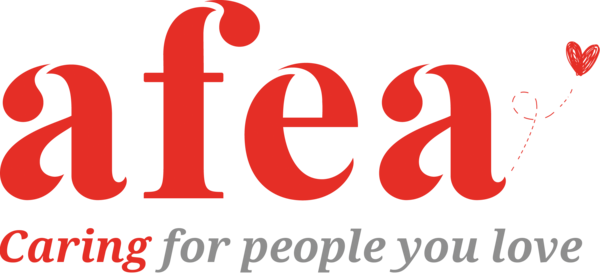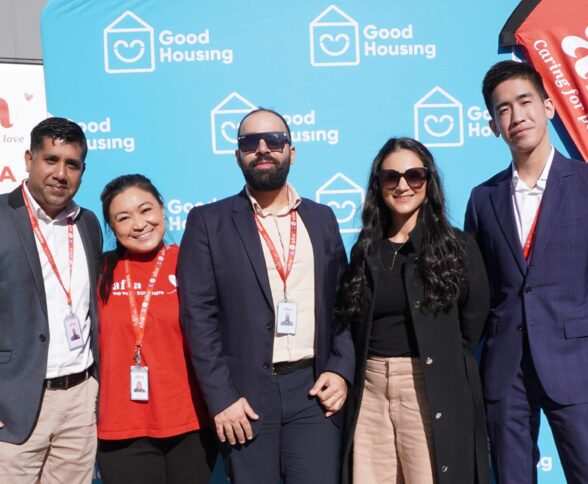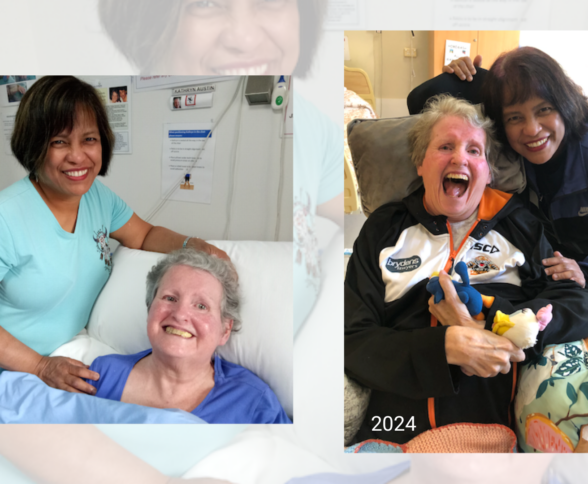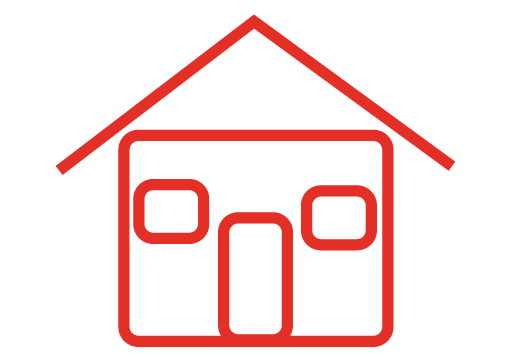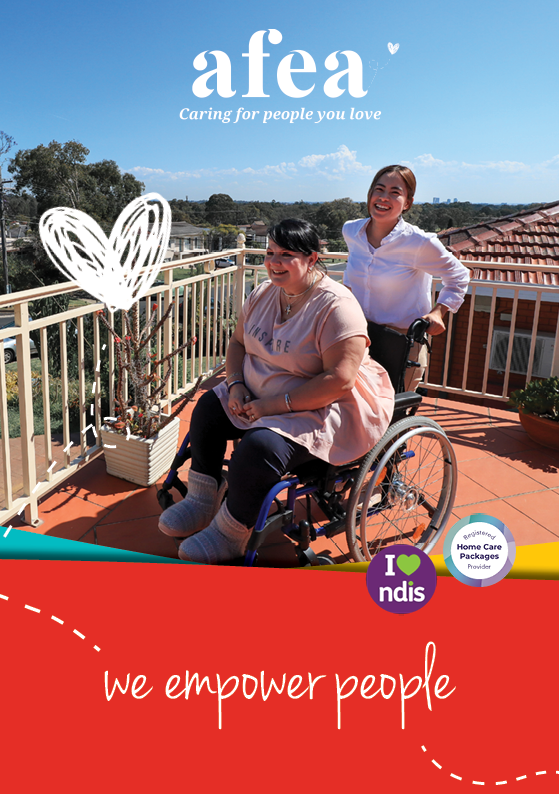There are exceptions, of course, but the NDIA considers funding a family member to provide supports to an NDIS participant “detrimental to family relationships”.
What does that mean? Let’s take a closer look.
Formal, mainstream and informal supports
An NDIS participant can receive supports in many ways.
Formal supports are professional services provided by NDIS providers and other organisations. These are the supports that can be funded by the NDIS. An example would be the supports you receive from Afea Carers, from domestic assistance to complex care, or the assistance provided by your allied health professionals, such as your occupational therapist.
Mainstream supports are government funded services outside the NDIS, such as education, health, mental health or other community services. These are services that all Australians can use, whether or not they have a disability.
Informal supports are the help and support you get from friends, family and the community. To quote the NDIA:
They are called ‘informal’ because you don’t pay for them, and they’re not part of a formal agreement. They are the usual things friends and family do for us, and with us.
NDIS Guidelines
Potential problems
The care you would receive from a family member would fall under informal supports. This is the kind of care that is provided freely, and which comes from the special bond you have with family.
The NDIA considers informal supports to be critical to the wellbeing of NDIS participants. Family members can also be your fiercest advocates, providing you emotional and practical support so you can get the help you need to live a fulfilling life.
However, there are potential problems if your family member becomes your paid carer, such as:
- Your wishes in relation to your care arrangements or delivery of care may be diminished.
- It may affect your ability to develop independence.
- It can cause a conflict of interest between your goals and your family member’s financial or income goals.
- There may be no or limited opportunity for respite for the family member working as your support worker, which can negatively impact their wellbeing and your relationship with them.
Exceptional circumstances
Generally, the NDIA will only fund family members to provide supports in exceptional circumstances, such as when:
- there is a risk of harm or neglect to the participant;
- there are religious or cultural reasons for funding a family member to provide supports; or
- the participant has strong personal views, for example in relation to their privacy or dignity.
The NDIA will consider the circumstances of each case, but they would generally not fund a family member to provide personal care or community access support unless all other options have been exhausted.
Remember as well that if your funding is Agency-managed, you can only access supports from registered providers. This means your family member, in the above exceptional circumstances, will have to be a registered provider to receive payment.
Caring for your informal carers
While you generally can’t use your funding to pay your family members to care for you, you can use funding in your plan to give them respite, or a short break from their caring responsibilities.
This can also give you time to be away from the family home, meet new people and learn new skills.
Some examples include:
- joining a new community group
- having a short stay out of home to try new things (Short Term Accommodation)
- temporary periods of extra personal supports, allowing you to remain at home when family isn’t available to support you
- support to participate in community activities so your family member can have time to relax
You can choose to use your Core budget on a range of supports like Short Term Accommodation to suit your needs.
Find experienced support workers with Afea Care Services
Whether you need support, or additional care at home to provide respite to your family members, our amazing support workers can help you live more independently, achieve your goals and get the most out of life!
In addition to our compassionate Core support services—
- Afea’s Support Coordinators are committed to helping you achieve your goals, develop your skills and access the best services suited to your needs. Reduce the stress and time spent on implementing NDIS plans with the help of our amazing Support Coordinators!
- Our Plan Management team is your financial champion, ensuring your funding is used to its fullest potential.
Contact us now to begin receiving care.
You can also email us via hello@afea.com.au or call 1300 65 11 33.
